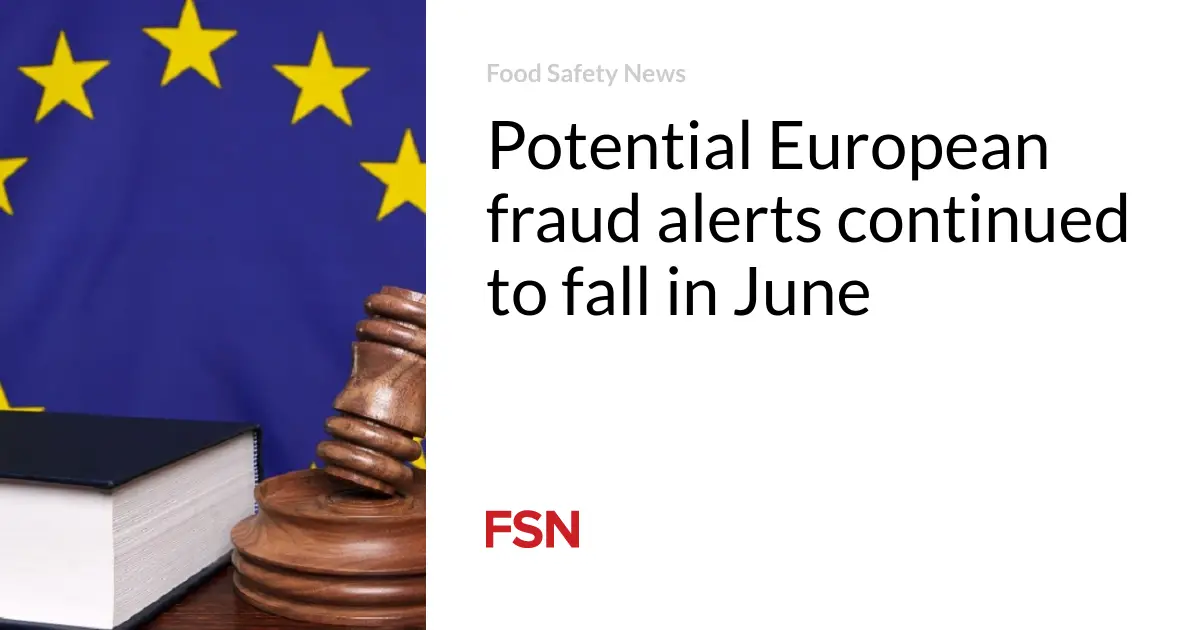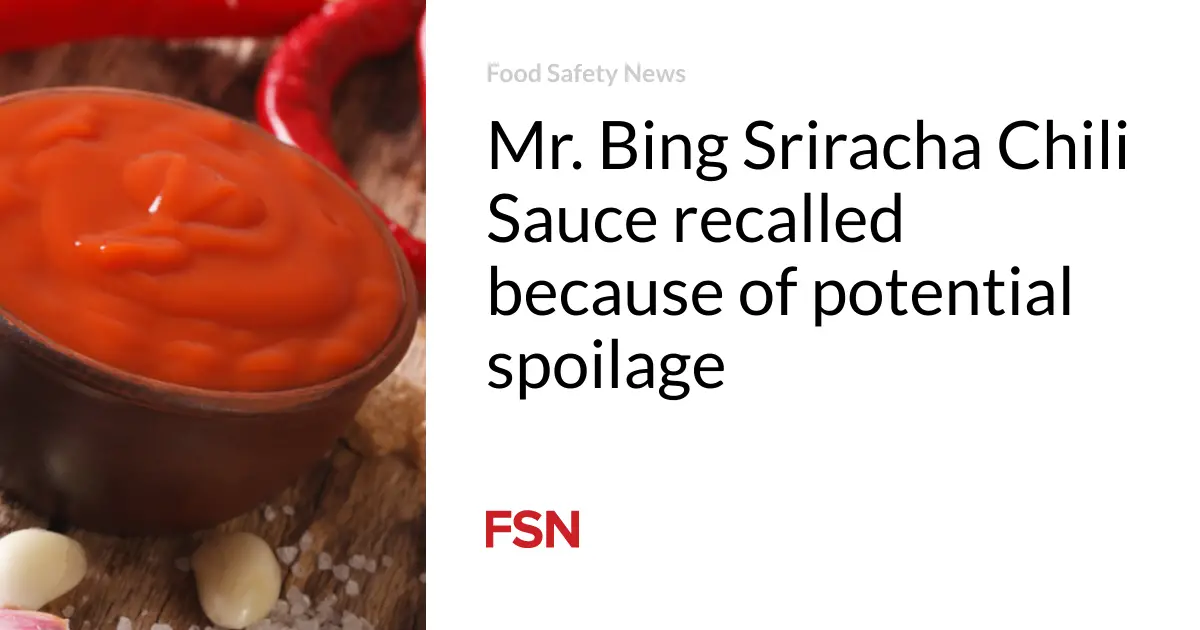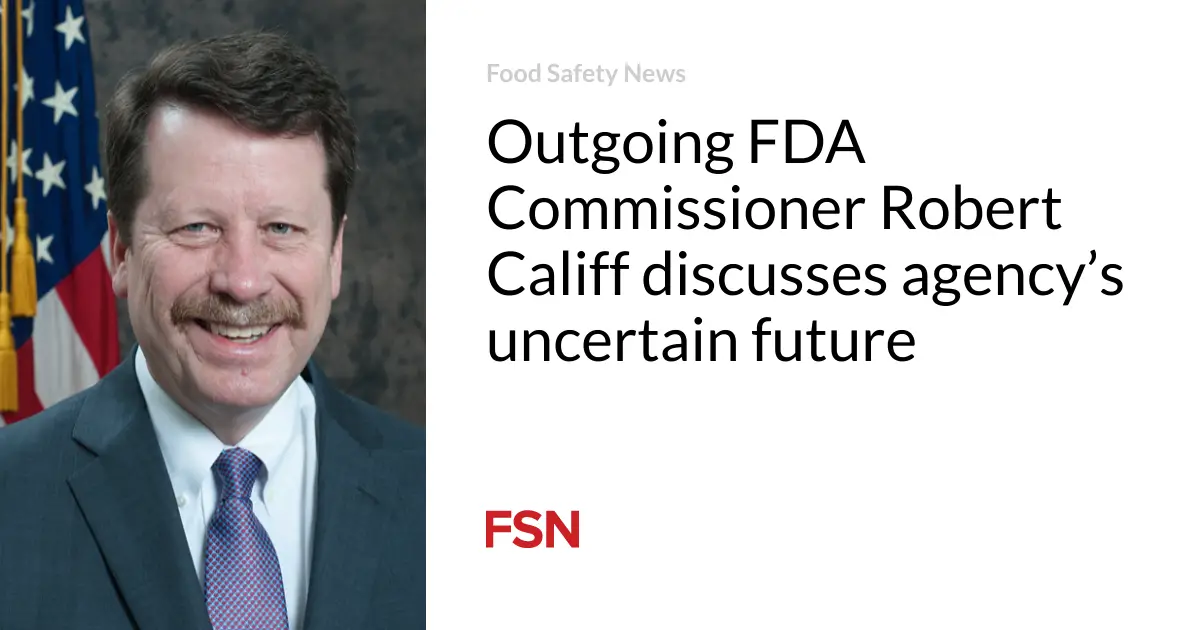
[ad_1]
The latest report on possible frauds and other non-compliances raised by EU member states features horses, ethylene oxide, and products skipping border controls.
The number of food and other fraud suspicions discussed by European countries declined again in June. The 265 alerts are down from 281 in May, 341 in April, 345 in March, and 318 in February, but are similar to the 277 in January.
The issues identified are potential frauds. Listed non-compliances may prompt investigations by authorities in EU member states. Details come from a monthly report published by the European Commission.
Data includes suspected cross-border fraud topics shared between members of the Alert and Cooperation Network (ACN) and retrieved from the Rapid Alert System for Food and Feed (RASFF), Administrative Assistance and Cooperation Network (AAC) and the Agri-Food Fraud Network (FFN).
It covers food, animal feed, food contact materials, animal welfare for farmed animals, plant protection products, and veterinary medicine products that end up as residues and contaminants in food and feed.
The aims are to assist national authorities in setting up risk-based controls to combat fraudulent and deceptive practices, help the food sector with vulnerability assessments, and identify emerging risks.
A total of 94 notices mentioned fruit and vegetables, with the majority being non-compliant due to pesticide residues. Dietetics, supplements, and fortified foods ranked second with 34 alerts. Herbs and spices climbed to third, while cereals and bakery products dropped to fourth.
Highlighted cases
The majority of issues were uncovered through border inspections or market controls. Two were based on whistleblower information, and one was detected as being caused by food poisoning. 14 were found after consumer complaints and 22 after a company’s internal check.
In June, 11 alerts involved the United States. They included sucralose in an energy drink, titanium dioxide in crème, tartrazine in picked cucumbers, undeclared GMOs in corn snacks, and several instances of unauthorized ingredients in supplements.
Product tampering adulteration cases included other vegetable oils in extra virgin olive oil from Greece and the sugar content of honey from Hungary. Other examples were the water content of shrimp from Romania and of salted chicken from Brazil.
Alerts under unapproved process were sulfites in shrimp from Spain and several products from India due to ethylene oxide.
Record tampering incidents included gluten in a gluten-free food supplement, a change in the best-before date of butter from the Netherlands, and various health claims.
Other issues included changing the origin of palm oil from Ghana to avoid checks, falsifying the origin of blueberries for re-export, 65 horses from Ireland unfit for human consumption, and diversion of animal by-products to food in the Czech Republic. In another case, the transport resting period for 66 horses for slaughtering was not respected.
Several non-compliances mentioned ingredients not authorized in the EU and pesticides above the maximum residue limits (MRL). Other alerts were due to traceability concerns or products missing border controls.
(To sign up for a free subscription to Food Safety News, click here.)
[ad_2]
Source link





